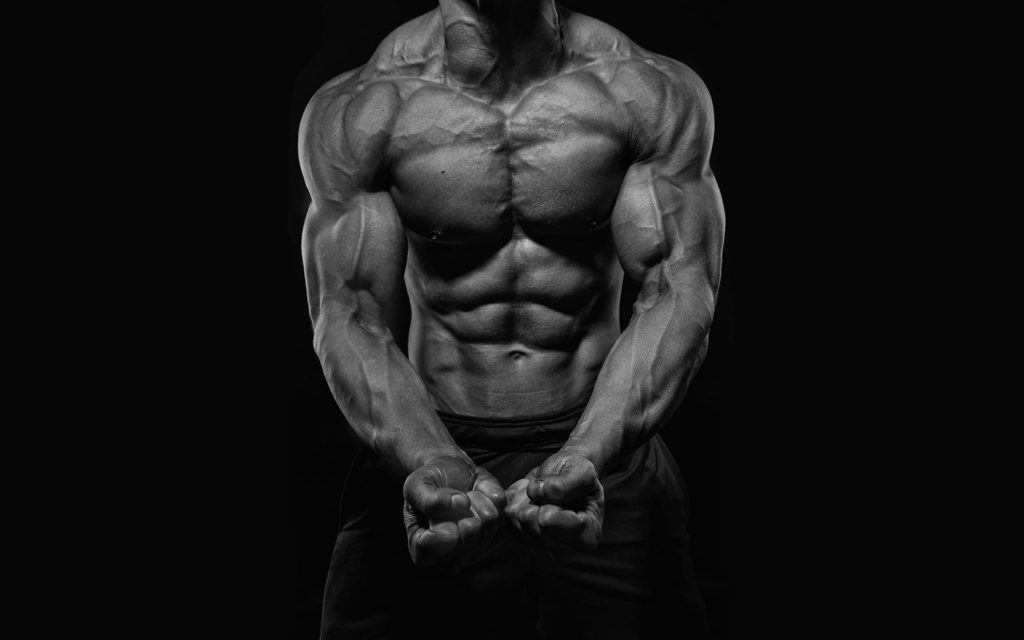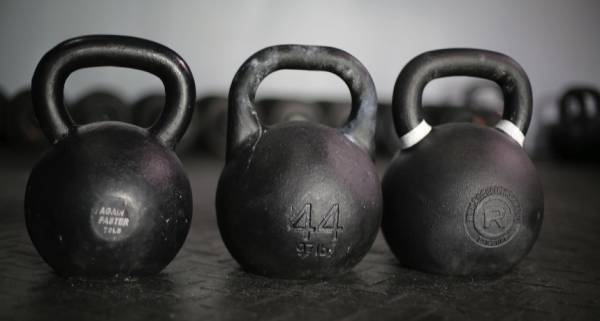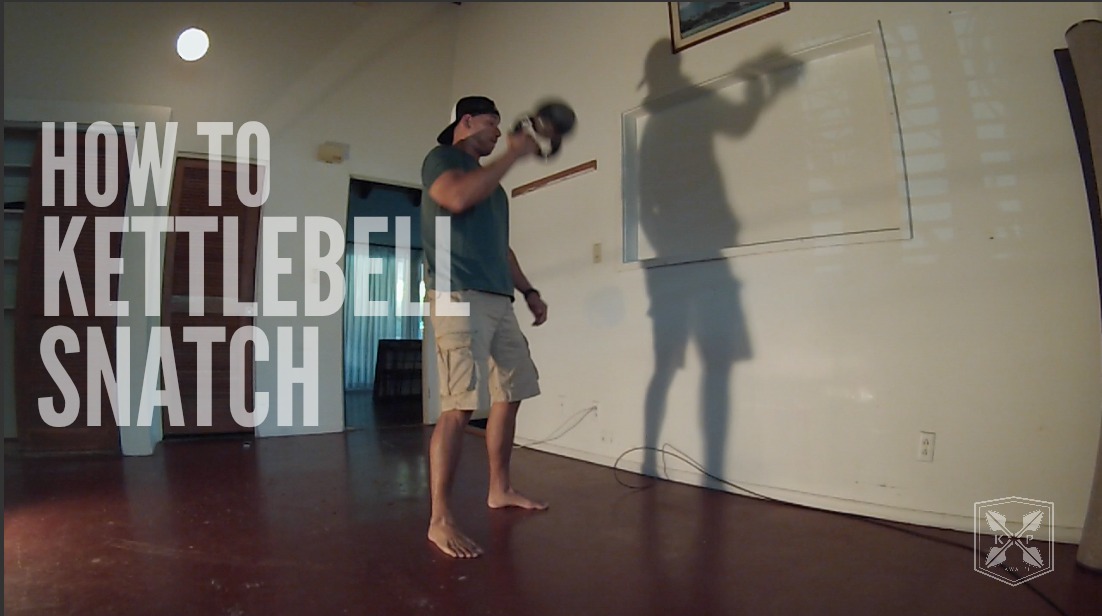
I re-connected with my meatheadness and I’m happy about it.
You see, I got into this whole health and fitness thing because I found the gym to be my sanctuary away from the rest of the world. It was a place where I felt comfortable. I got into lifting weights and chasing after a good looking physique which triggered my interest in learning about how the body functions and performs, everything it takes to build muscle and improve performance.
That interest, led me to where I am today. As I gained experience over the years and took on more responsibilities of life, a piece of me began to dwindle just a bit. My meatheadness. I love talking and reading about building muscle, getting stronger, improving athletic performance, nutrition, and spend extra time rummaging through research to find an answer or experiment with a method or idea on myself.
Recently, I came across the Black Book of Training Secrets by Christian Thibaudeau, and it flipped a switch in my head which circuits were turned off. I’ll be spending the next posts diving into the a few key attributes of physicality and building a Ku body. I’ll do my best to simplify these concepts.
First…Protein Synthesis.
WHAT IS PROTEIN SYNTHESIS?
According to Wikipedia:
“Protein synthesis is the process whereby biological cells generate new proteins; it is balanced by the loss of cellular proteins via degradation or export. Translation, the assembly of amino acids by ribosomes, is an essential part of the biosynthetic pathway, along with generation of messenger RNA (mRNA), aminoacylation of transfer RNA (tRNA), co-translational transport, and post-translational modification.”
Got it?
Nah. Just kidding. Let’s simplify it.
When it comes to fitness and strength training, Protein synthesis is the process that happens to help muscle grow.
Protein Synthesis is activated during exercise. When we train our muscles small micro-tears happen at a cellular level which causes blood flow to increase in the area, and brings in a squad of components to repair the damage through protein synthesis. If the damage is repaired properly then it leaves the muscle stronger and bigger than it was before.
Of course exercises isn’t the only piece of the puzzle for protein synthesis, nutrition plays a large role as well.
Protein synthesis is activated by exercise and carried through for results with nutrition. Training has a large effect on activating protein synthesis. Eating has a small and short lived effect on protein synthesis. The other side of training is that it also activates protein degradation, or muscle breakdown, if nutrition is insufficient.
Overall, a training stimulus is important if you want to take advantage of protein synthesis. Because without a training stimulus, muscle protein synthesis and muscle protein breakdown cancels one another out as shown in the diagram below.

The diagram above shows what happens after meals. There is a spike of protein synthesis, but just like everything else, what rises must fall which is why during a fasted state protein synthesis drops down and protein breakdown slightly increases.
Now look at this diagram:

There is an increased spike of protein synthesis after an intense training session with proper nutrition. This means that more protein synthesis will take place over time while the stimulus of the training session subsides, or lowers back resting state with no training stimulus like the first diagram.
If you are still with me, we just went over some serious concepts right there. Because if your goal is to build muscle, without protein synthesis being stimulated properly you will see no gains.
WHAT DOES THIS MEAN?
It means the more often you can stimulate protein synthesis, the more ability you have to build muscle when you are following a proper nutrition protocol. This does not mean, that you have to do more by training one muscle group a day and destroying it. Because there is this important hormone called, Cortisol, which is a stress hormone that creates a catabolic (muscle breakdown and fat storing) environment in your body.
For the sake of time and bombardment of information you just had, let the above concepts soak in a bit. You will have to wait for the next installment. But to give you a preview, if the training stimulus exceeds your capacity to recover because of improper nutrition protocols, you aren’t prepared for the training stimulus, and large spike of cortisol takes place, you will have a harder time building muscle and seeing results.
Mahalo.
Kū.



